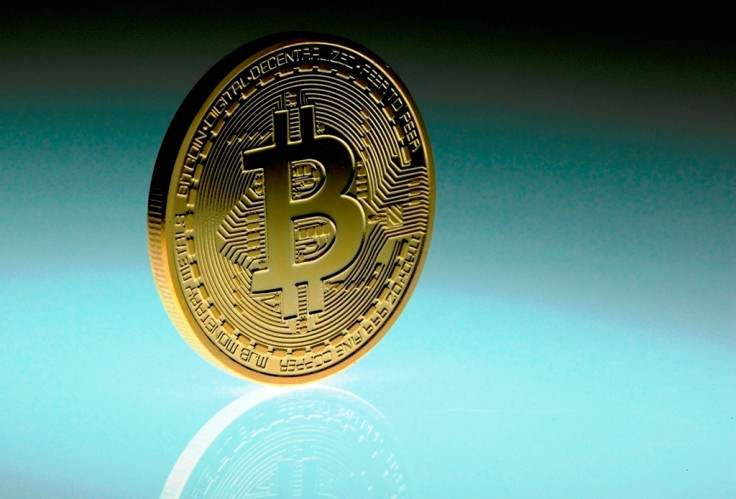Bitcoin's Success Fuelled by Government Controls on Financial Freedom

New research from the Institute of Economic Affairs (IEA) predicts the rising demand for alternative currencies will lead to a tidal wave of private monies such as bitcoin.
The popularity and use of non-conventional currencies have recently been on the rise, as traditional currencies face mounting regulatory restrictions on financial freedom.
"Constraints on commerce, the erosion of financial privacy and a wish for greater quality have been the driving forces in the emerging market for private money," the IEA said in a statement.
The research report titled 'New Private Monies: A Bit-Part Player?' and authored by Kevin Dowd said that governments should welcome competition between state-backed and private currencies in order to "offer consumers greater choice and improved quality".
The report claims that private currencies have "superior nature" combined with financial freedom which has made them attractive to customers. In contrast, state-controlled money frustrates people with its weakened ability to store value, growing restrictions on finance, oppressive taxes and a lack of financial privacy.
"The increasing constraints on personal freedom have led to private money becoming more and more popular as it enables people to do what would otherwise be illegal. The market for private monies will continue to thrive as long as states restrict and prohibit various forms of commerce," the IEA said.
Speaking about bitcoin's success, the report claimed that the cryptocurrency's lower transaction costs, self-regulating market, anonymity of financial transactions and ability to facilitate certain activities prohibited by the state have helped it.
However, Dowd predicts that bitcoin will be displaced by "superior and more imaginative" forms of digital currency.
"Bitcoin has proved widely successful as an alternative form of exchange and as way of restoring financial freedom. It is just the beginning however. Fierce demand for private money will drive innovation, creating a tidal wave of new and superior forms of exchange," Mark Littlewood, director general at the IEA said, commenting on the report.
Bitcoin was launched in 2008 and is traded within a global network of computers. They can be transferred without going through banks or clearing houses, reducing fees involved in the services significantly.
The virtual currency exists as software and is not backed by any country or banking authority.
The number of retailers who accept the digital currency as payment option has been increasing, as it gained more in terms of popularity and value.
However, the lack of a monitoring authority and sudden swings in the value of the digital currency raised concerns about its future.
© Copyright IBTimes 2025. All rights reserved.






















